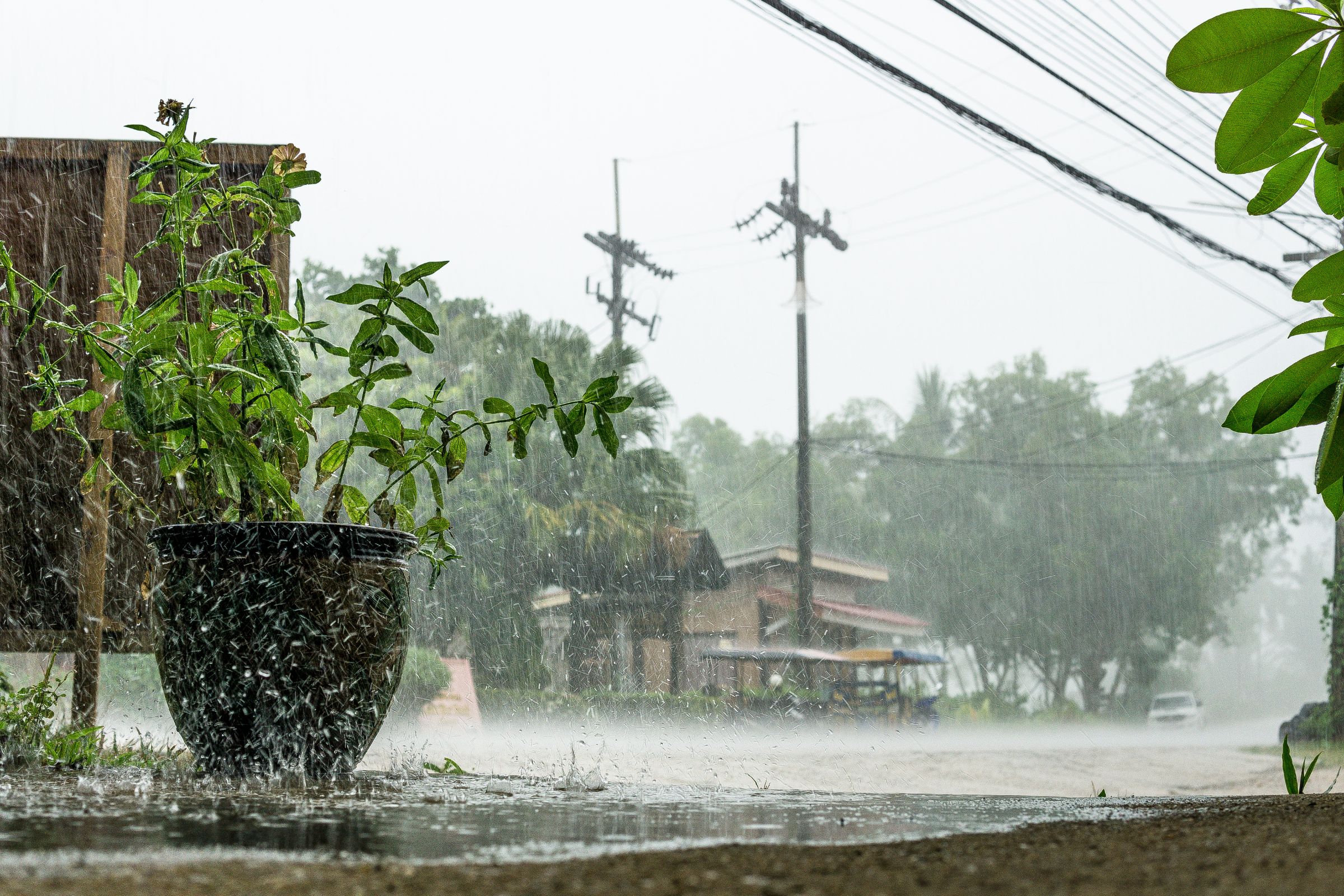Importance of Checking Your Insurance: Extreme Weather on the Rise
February 19, 2025 12:00 pmExtreme weather events are becoming more frequent and severe, causing significant financial losses for homeowners and business owners alike. From hurricanes and floods to wildfires and winter storms, the impact of natural disasters can be devastating. That’s why having the right extreme weather insurance is more important than ever.
Regularly reviewing your insurance policy ensures that your coverage aligns with your current needs, property value, and potential risks. Without adequate protection, you could face unexpected financial burdens when disaster strikes. In this guide, we’ll explore how extreme weather impacts insurance needs, the key types of coverage to consider, and steps you can take to stay protected.
How Extreme Weather Impacts Insurance Needs
The increasing frequency of extreme weather events has led to rising insurance claims and higher premiums. Many homeowners and business owners assume they are fully covered, only to realize storm damage insurance and insurance for natural disasters often come with exclusions or limitations.
Rising Costs and Insurance Gaps
- Storm Damage Claims Are Increasing: More severe storms mean more claims, which drive up premiums and make it harder to secure affordable coverage.
- Standard Policies May Not Cover Everything: Many homeowners insurance policies exclude flood and earthquake damage, requiring separate policies for full protection.
- Business Owners Face Unique Risks: Companies without business interruption insurance may struggle to recover from weather-related shutdowns.
Understanding these risks is the first step in ensuring you have the right coverage before a disaster strikes.
Types of Insurance to Consider
To stay protected in an era of increasing extreme weather, you need comprehensive coverage tailored to your home or business. Here are key policies to review and consider upgrading:
Flood Insurance Coverage
Many homeowners assume flood insurance coverage is included in their standard policy, but it’s often not. If you live in a flood-prone area, securing this coverage is essential to protect against water damage from hurricanes, heavy rains, and overflowing rivers.
Storm Damage Insurance
Severe storms can cause extensive damage to roofs, windows, and personal belongings. While homeowners insurance typically covers wind and hail damage, policies may have exclusions for hurricanes or require separate deductibles. Reviewing your policy details ensures you’re prepared for potential out-of-pocket expenses.
Personal Property Insurance
A natural disaster can destroy more than just a home’s structure—it can also wipe out valuable belongings. Personal property insurance covers items like furniture, electronics, and clothing if they are lost due to a covered event. Taking an updated inventory of your belongings can help ensure adequate coverage limits.
Business Interruption Insurance
For business owners, extreme weather can lead to temporary closures, supply chain disruptions, and lost revenue. Business interruption insurance helps cover these financial losses, ensuring your company can recover without severe financial strain.
Best Life Insurance Policy
While most people associate life insurance with long-term planning, extreme weather-related deaths are an unfortunate reality. Reviewing and securing the best life insurance policy ensures your family’s financial stability in the event of an unexpected tragedy.
Steps to Reviewing Your Insurance Policy
Proactive insurance reviews can save you from future financial stress. Here are three key steps to ensure your coverage is up to date:
1. Check Coverage Limits and Exclusions
- Review the maximum payout amounts for property damage, personal belongings, and additional living expenses.
- Ensure storm damage insurance includes protection for wind, hail, and freezing conditions.
- Look for exclusions related to floods, earthquakes, and hurricanes that may require separate policies.
2. Assess Risk Based on Location
- If you live in a coastal or flood-prone area, make sure you have flood insurance coverage and hurricane protection.
- Homeowners in wildfire-prone regions should confirm their homeowners insurance covers fire damage.
- Business owners should check their policies for business interruption insurance to cover unexpected closures.
3. Update Your Policy as Needed
- If you’ve renovated your home, updated security systems, or acquired new assets, update your personal property insurance to reflect these changes.
- If your business has grown, reassess insurance for natural disasters to ensure it meets your current operational needs.
- Work with an experienced insurance provider to discuss changes and explore customized coverage options.
How Capstone Coverage Can Help
At Capstone Coverage, we specialize in helping homeowners and business owners review and optimize their insurance policies. Our experts provide tailored recommendations to ensure you’re fully protected against extreme weather events.
With comprehensive solutions for storm damage insurance, flood insurance coverage, personal property insurance, and business interruption insurance, we help you prepare for the unexpected.
Conclusion
As extreme weather continues to rise, reviewing your insurance policy is a crucial step in protecting your home, business, and financial future. From securing homeowners insurance to ensuring you have the best life insurance policy, staying proactive can make all the difference.
Don’t wait until disaster strikes—contact Capstone Coverage today for a personalized insurance review and expert guidance on protecting what matters most.
Categorized in: Blog, Bad Weather, Personal Insurance

